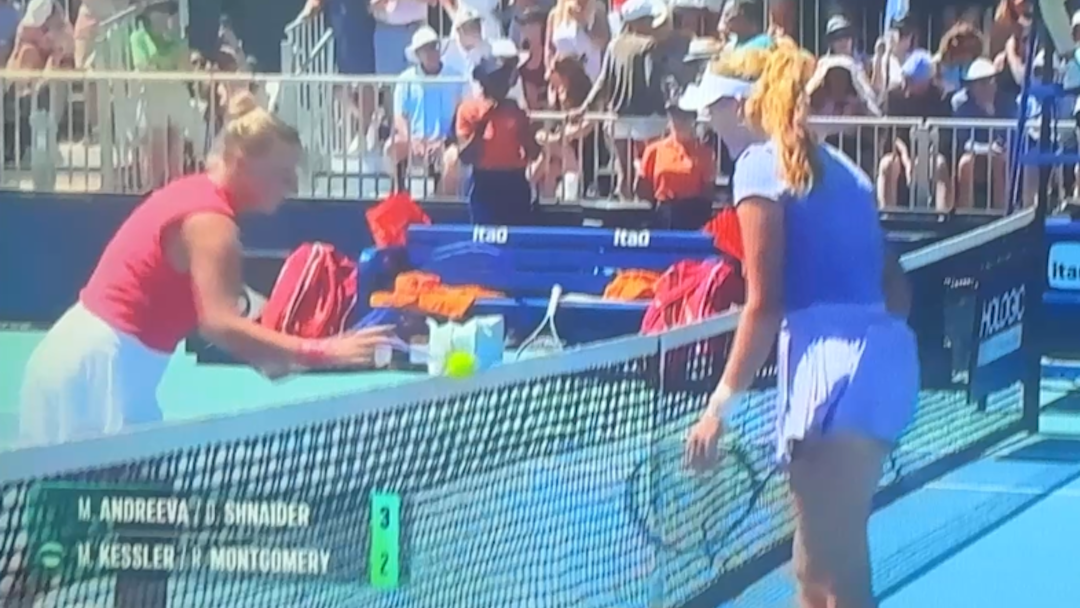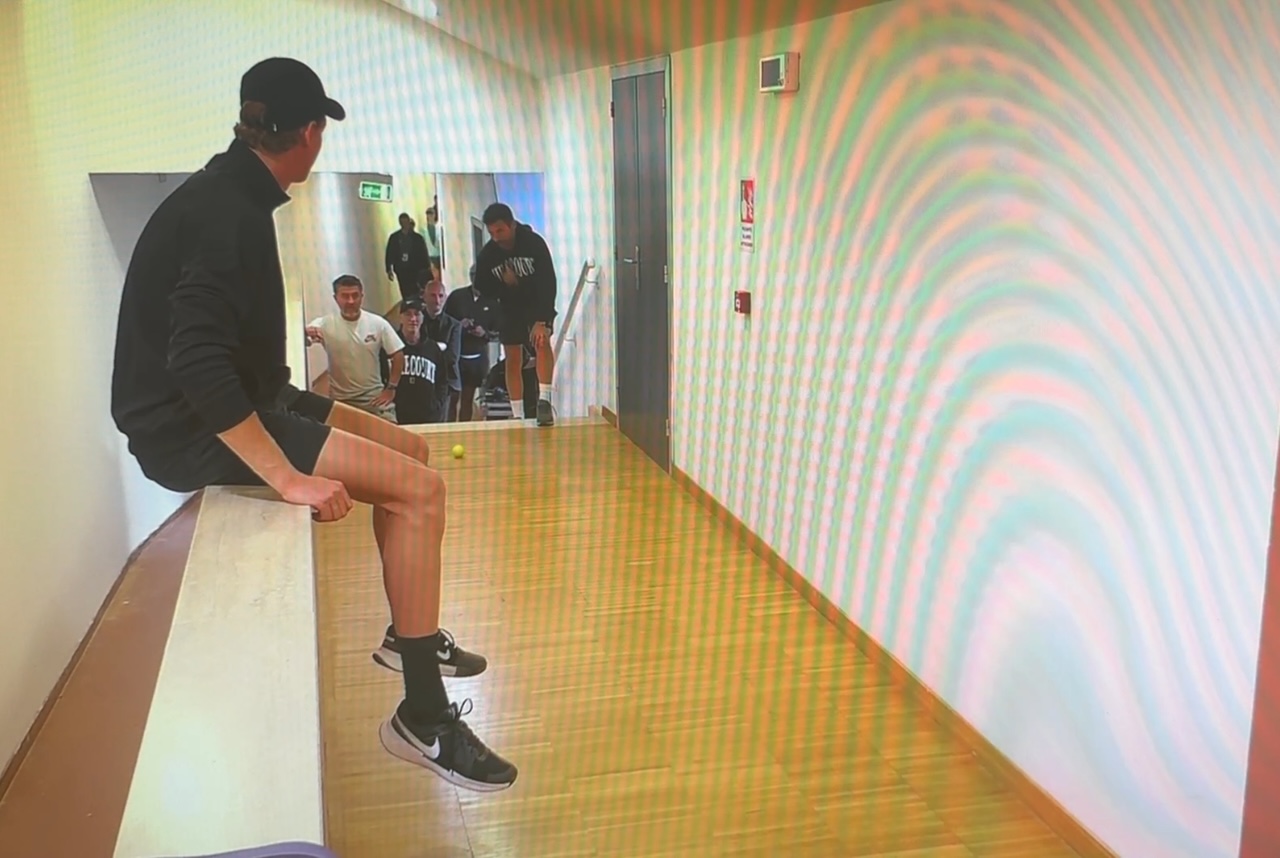Fiend at Court Unplugged
Tennis was restored as an Olympic Medal Sport in 1988. The very fact that the word is “restored” rather than “added” reveals that tennis was a part of the Olympics in the past. That leads to the very obvious question of why tennis was excluded from the Olympic games in the first place.
The International Olympic Committee (IOC) eliminated tennis and soccer in 1928 for violating Olympic amateurism rules. The primary concern was the compensation provided to athletes “for loss of time and expenses.” Under ITF rules, tennis players could not receive prize money or appearance fees, but could accept reimbursement for expenses. That was very lucrative for some of the top players of that era.
The IOC was also concerned with endorsement fees paid to players.
An amateur cannot receive payment or any compensation for using the goods or apparatus of any firm, manufacturer, or agent, nor shall he allow his name to be used as a means of advertising or recommending the goods of any firm or manufacturer.
Excerpt from “All Professionals”, The Mercury, August 11, 1928
Many tennis players held dubious jobs with tennis equipment manufacturing companies. Don Budge held a job as a packer for Wilson as described in A Terrible Splendor. The president of Wilson was the best man in Budge’s wedding. That reflects a pretty close relationship that normally wouldn’t be expected with a person in that role.
The IOC changed the rule which allowed professionals to compete in the Olympics in 1986. That decision created a cascading series of decisions by the governing bodies from each sport to determine what would be allowed. Curiously enough, the USTA was opposed to allowing professional tennis players in the Olympic Games. The USTA feared that it would ultimately hurt amateur and collegiate tennis in the United States.
The Olympic Code ultimately approved by the ITF in 1987 allowed professionals to compete. The original proposal required players to forgo their endorsement contracts for the two weeks leading into and during the Olympic Games. The ITF eligibility rule also excluded any player who had refused to compete in the Davis Cup or Fed Cup for their countries.
Either the endorsement rule for tennis is no longer in the standard or professional contracts are structured to exclude the Olympic period from the contract without financial penalty to the athlete. Endorsement compensation was not cited by any players who declined to participate in the Olympics this year. Additionally, It is not included in the current ITF Olympic qualification standards.
Tennis “shamateruism” persisted until the start of the Open Era of tennis in 1968. It is kind of revealing that a third party examined the situation and determined that the athletes were far from amateurs.
- All Professionals, The Mercury, August 11, 1928
- I.O.C Expected to Ease Amateur Policy, Frank Litsky, The New York Times, March 30, 1986.
- Pro Tennis Stars Might Play in Seoul, The New York Times, February 12, 1987.
- Olympic Tennis Qualification Explained, Ed Pearson, ITF, June 14, 2021.



